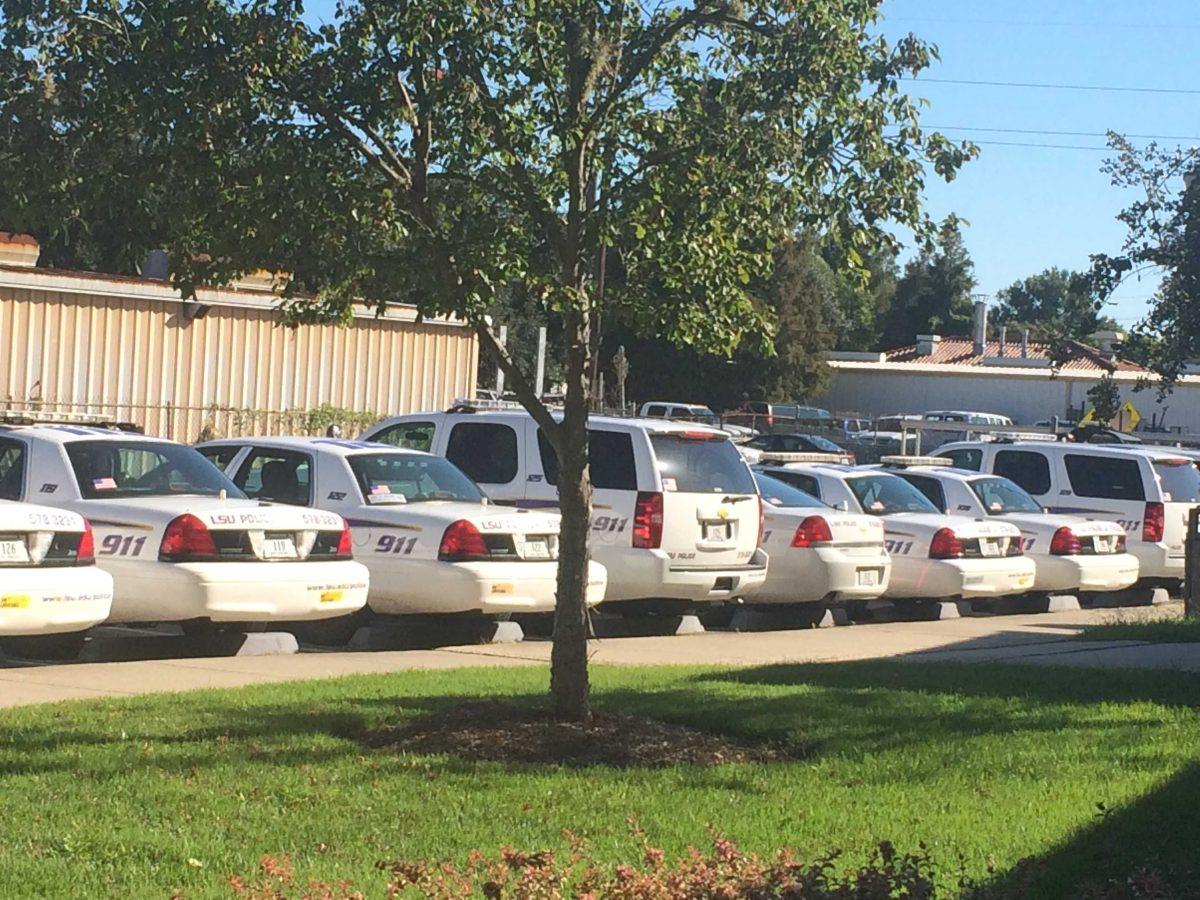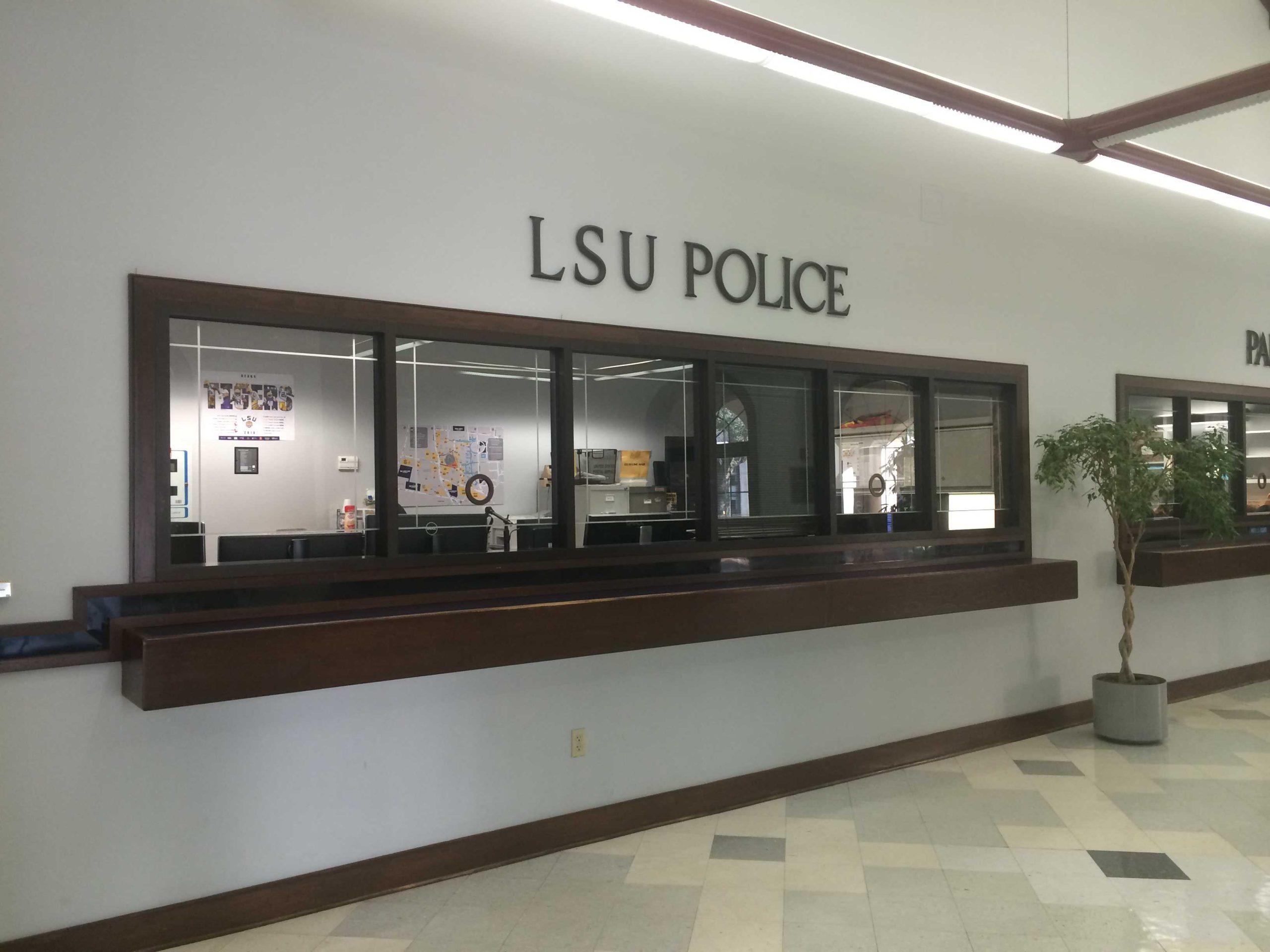The media are in a frenzy over the militarization of local police departments. The Advocate reported on Sunday that local Police Stations around Louisiana have access to military equipment.
This news arose as tensions in Ferguson escalated; prompting the question: Should local police departments have access to such high grade materials?
People are concerned that these weapons will violate their constitutional rights. Norman Clark, an LSU PhD student and former police officer, reminds them that this equipment, ” isn’t given out lightly.”
This equipment can range from fire arms, to Humvees, to night vision goggles.
Louisiana police departments have access to this equipment through the 1033 program run by the U.S. Department of Defense and military auctions. This allows small police departments to obtain high quality materials for a low price.
The issue of local police militarization is not confined to city police departments. LSU’s police have the ability to purchase military-grade equipment, if necessary.
Captain Cory Lalonde explains that they haven’t participated in programs, such as the 1033 program, like other police departments around the nation, but they do have some military style weapons that they have purchased through their normal procedures.
Lalonde explains, “We don’t have the luxury to train or plan for if something happens. We have to prepare as if it would be when something happens.”
He states that with shootings on campus and even violence on military bases, the police department wants to be ready to respond to protect the public.
Clark echoes this sentiment. “Police are there to protect and serve.”
He also reminds people that the type of military equipment obtained depends on an area’s need. He explains that the use of this equipment isn’t only to deter violence.
He gives the example the Livingston Parish Sherriff’s office. During the ice storm that shut LSU’s campus down last year, it used a military Humvee to go into areas that Acadian Ambulances couldn’t access, allowing them to save lives.
Sarah Powell, an LSU student, doesn’t have the same anxiety that most news sources suggest is prevalent, but she explains why.
“It’s not like I ever have contact with police with military grade weaponry, so I think my opinion may not be as strong as someone in a lower class who may see police action on a daily basis,” Powell said.
Powell espouses this critique that is still present in debate about Ferguson and the Michael Brown protests. Accusations that lower class citizens are inordinately affected by police militarization are the narrative of this issue.
Despite this, Lalonde explains that their goal is to end conflict as peacefully as possible, but that they will do what they need to do to ensure the safety of the public.
“It’s better to have the equipment and never use it then to be in a situation where you need it and don’t have it,” Lalonde said.







